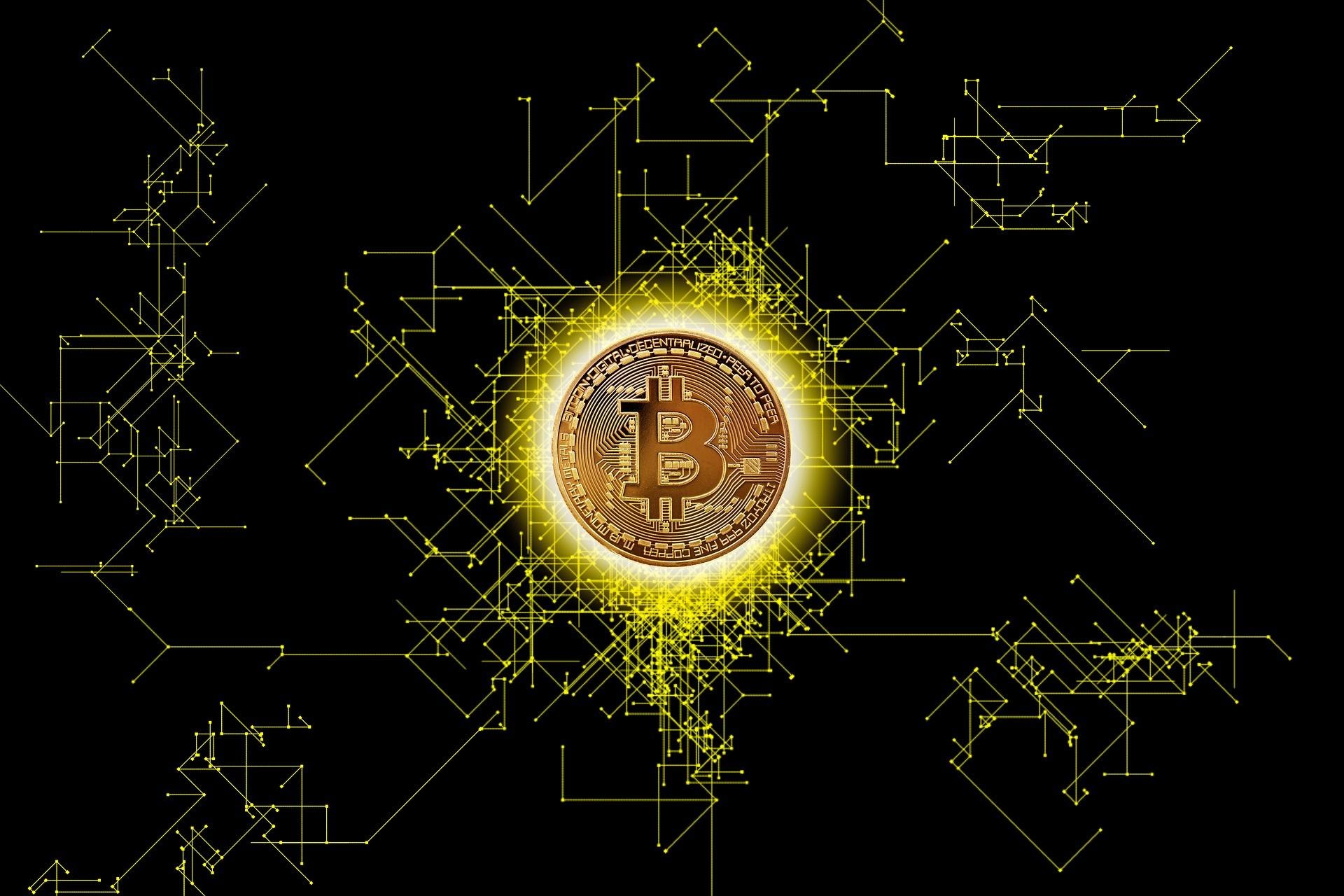You and nearly everyone you know has heard of Bitcoin at this point. The world’s first cryptocurrency started global crazes in 2017 and 2020 when its value skyrocketed, making many early investors millionaires overnight. But besides the stories of quick money and crypto enthusiasts talking about “the future global currency”, many folks still don’t really know what Bitcoin is, what it does, or whether they should use some of their hard-earned cash to buy it.
Before you invest in any financial product, it’s important to understand that all investments carry a risk of financial loss. This is true for Bitcoin, cryptocurrencies, and any financial product traded on an open market. You can make money, or lose money, and the first step is to understand what you are buying.
We’re not financial advisors and can’t tell you to buy Bitcoin, but we can help you understand a bit more about it so you can make your own call. After that, websites like Bitcoin Up can help you get your feet wet in trading.
What is it?
The simplest way to describe Bitcoin is a “decentalized currency”, but what does that even mean? In brief, it’s money central banks (the institutions that regulate the flow of cash into countries) can’t control. The idea for Bitcoin came from a belief that central banks shouldn’t control money, so instead Bitcoin uses blockchain technology (a vast network of public computers) to verify transactions, prevent fraud, and keep the flow of Bitcoin going around the world. No government or organisation can control the Bitcoin blockchain. Millions found this idea very empowering, and the popularity of Bitcoin soared.
Mainstream Investment
In its early days, most of the world’s large financial institutions balked at the idea of Bitcoin and brushed it off as a fad. However, as the market for Bitcoin began to skyrocket in 2020, many of the world’s biggest institutions and companies changed their mind. Today, companies like Starbucks, Microsoft and Telsa all own large amounts of Bitcoin, and thousands of companies across the world accept it as a form of payment for goods.
High Demand, Limited Supply
Unlike fiat currency (the paper money in your wallet), there is a limited supply of Bitcoin. Remember how we mentioned blockchain technology is used to verify transactions? That process is called “mining” (pour one out for your graphics card order on hold). When a computer verifies a transaction, it gets a Bitcoin as a reward. But because of the math involved in Bitcoin’s code, only 21 million Bitcoins will ever be created. After that, no more. For this reason, many enthusiasts believe that the value of Bitcoin will continue to rise as the supply gets lower and lower.
Is it Like Gold?
In some ways yes, others no. Like Bitcoin, the value of gold can’t be controlled by a central bank. It is only worth what people are willing to pay for it. Some investors buy gold to protect themselves from swings in the value of fiat currency—same as Bitcoin. For this reason, some people call Bitcoin “the new gold”, but in reality Bitcoin is much easier to transact than gold, which is a physical product that needs to be shipped to its owner after purchase.
That’s a very quick take on Bitcoin, but if you are invested in trying a platform like Bitcoin Up you can check out the official website of Bitcoin Up for more info.
Note, Coconuts Media is not a financial services company and does not provide financial advice. This article is part of a paid partnership with Bitcoin Up and is for educational purposes only.






Reader Interactions